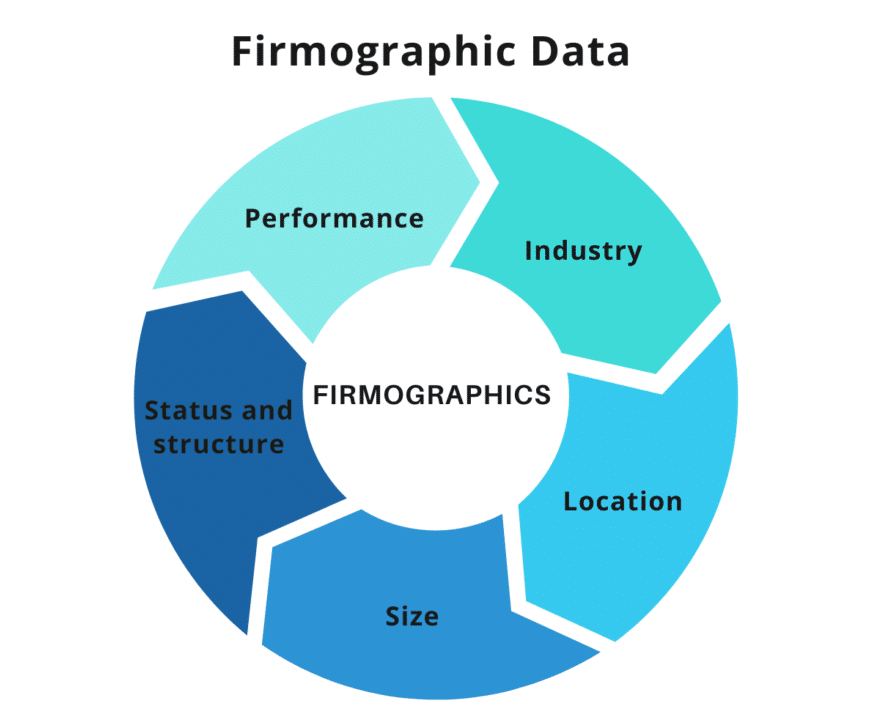Our Advantage: Data Directly from the Source
Global Database stands apart by sourcing every piece of information directly from official government registries. This meticulous approach ensures unmatched accuracy and reliability, eliminating the concerns of inconsistent formats and outdated data. This core dataset forms the foundation of our service. Depending on the country, it includes:
- Company legal name
- Registration number
- VAT or TAX ID
- Registered office location
- Company status (active, inactive, in the process of strike off)
- Legal form
- Directors/shareholders
In some jurisdictions, we provide additional information such as company financials, including balance sheet, income statement, UBO, and more. This comprehensive dataset ensures you have all the information you need at your fingertips.
Enriched Firmographics: Adding Value to Core Data

But we don’t stop at the core dataset. We enrich this information with firmographics that provide a deeper understanding of each company. This includes:
- Company website
- Business description
- Revenue and employee numbers
- Banking relationships
- Technology usage
- Industry keywords (allowing for specific searches such as fintech, AI, payments)
This firmographics offer valuable insights into a company’s operations, industry, and market position.
The Importance of Being a First-Party Data Provider
Being a first-party data provider is crucial for several reasons:
-
Direct Data Collection: As a first-party data provider, Global Database collects data directly from the source. This direct collection allows for better control over data quality and ensures its accuracy.
-
Automatic Updates: The information collected from local registries is updated automatically. The frequency of these updates varies from country to country. For instance, in the UK, updates occur daily, while in Singapore, updates are available every two weeks.
-
Independence from Data Partners: Being a first-party data provider means that Global Database is not reliant on data partners. While a small dataset is purchased from a few partners, there are no limitations imposed by royalties that need to be paid to data vendors.
-
Privacy Compliance: With increasing regulations around data privacy, such as GDPR and CCPA, using first-party data ensures compliance with these regulations.
Utilizing registry data is pivotal for two key user groups:
-
Sales and Marketing Use Case: Utilizing Global Database ensures that you’re working with data directly collected from local registries, the most accurate source of information available. This guarantees that no companies fitting your ideal customer profile are overlooked, as Global Database provides information for all registered companies. For instance, in the UK alone, there are 16 million companies, 6 million of which are active. When filtering these companies, you can be confident that no potential leads are missed.
-
Product and Data People Use Case: With the help of an API, you can automate the onboarding process for new partners and suppliers, and perform a light Know Your Business (KYB) verification. This allows you to confirm the existence, registration, and address of a company. Additionally, you can set up monitoring to receive notifications each time there is an update, ensuring you always have the most accurate information at your disposal. The reliability of this information stems from the direct sourcing of data from local registries.

